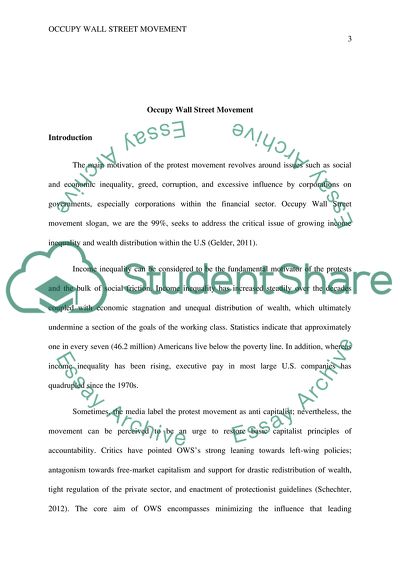Cite this document
(Occupy Wall Street Movement Essay Example | Topics and Well Written Essays - 1500 words - 1, n.d.)
Occupy Wall Street Movement Essay Example | Topics and Well Written Essays - 1500 words - 1. https://studentshare.org/macro-microeconomics/1779290-occupy-wall-street-movement
Occupy Wall Street Movement Essay Example | Topics and Well Written Essays - 1500 words - 1. https://studentshare.org/macro-microeconomics/1779290-occupy-wall-street-movement
(Occupy Wall Street Movement Essay Example | Topics and Well Written Essays - 1500 Words - 1)
Occupy Wall Street Movement Essay Example | Topics and Well Written Essays - 1500 Words - 1. https://studentshare.org/macro-microeconomics/1779290-occupy-wall-street-movement.
Occupy Wall Street Movement Essay Example | Topics and Well Written Essays - 1500 Words - 1. https://studentshare.org/macro-microeconomics/1779290-occupy-wall-street-movement.
“Occupy Wall Street Movement Essay Example | Topics and Well Written Essays - 1500 Words - 1”. https://studentshare.org/macro-microeconomics/1779290-occupy-wall-street-movement.


